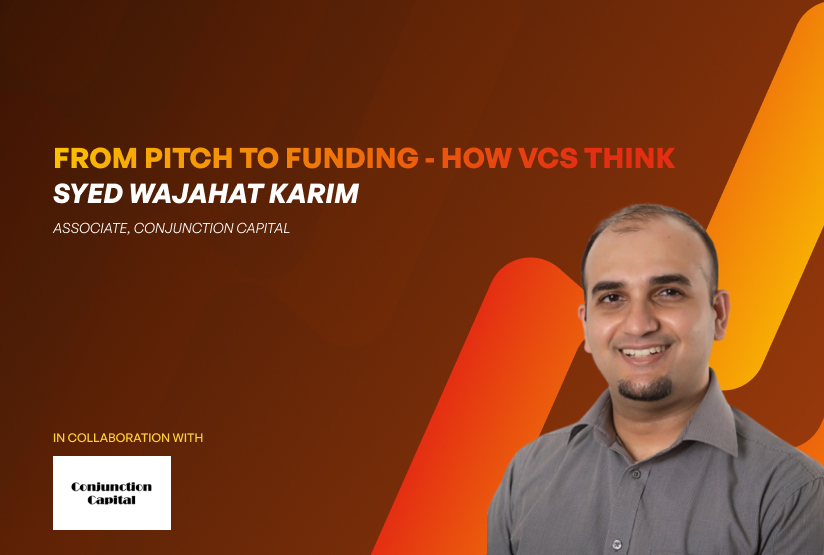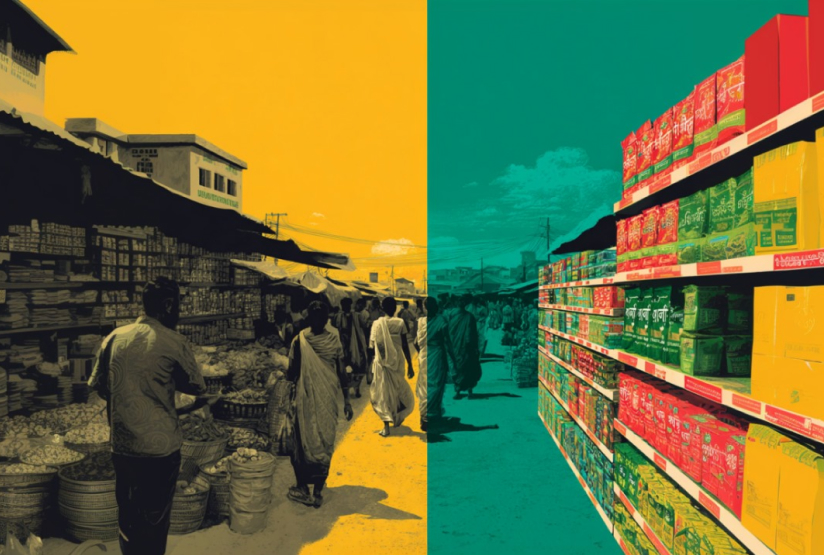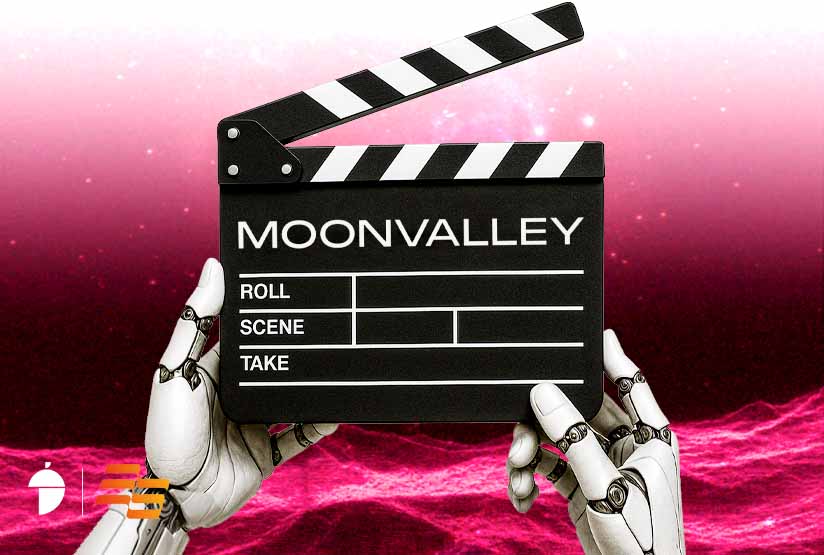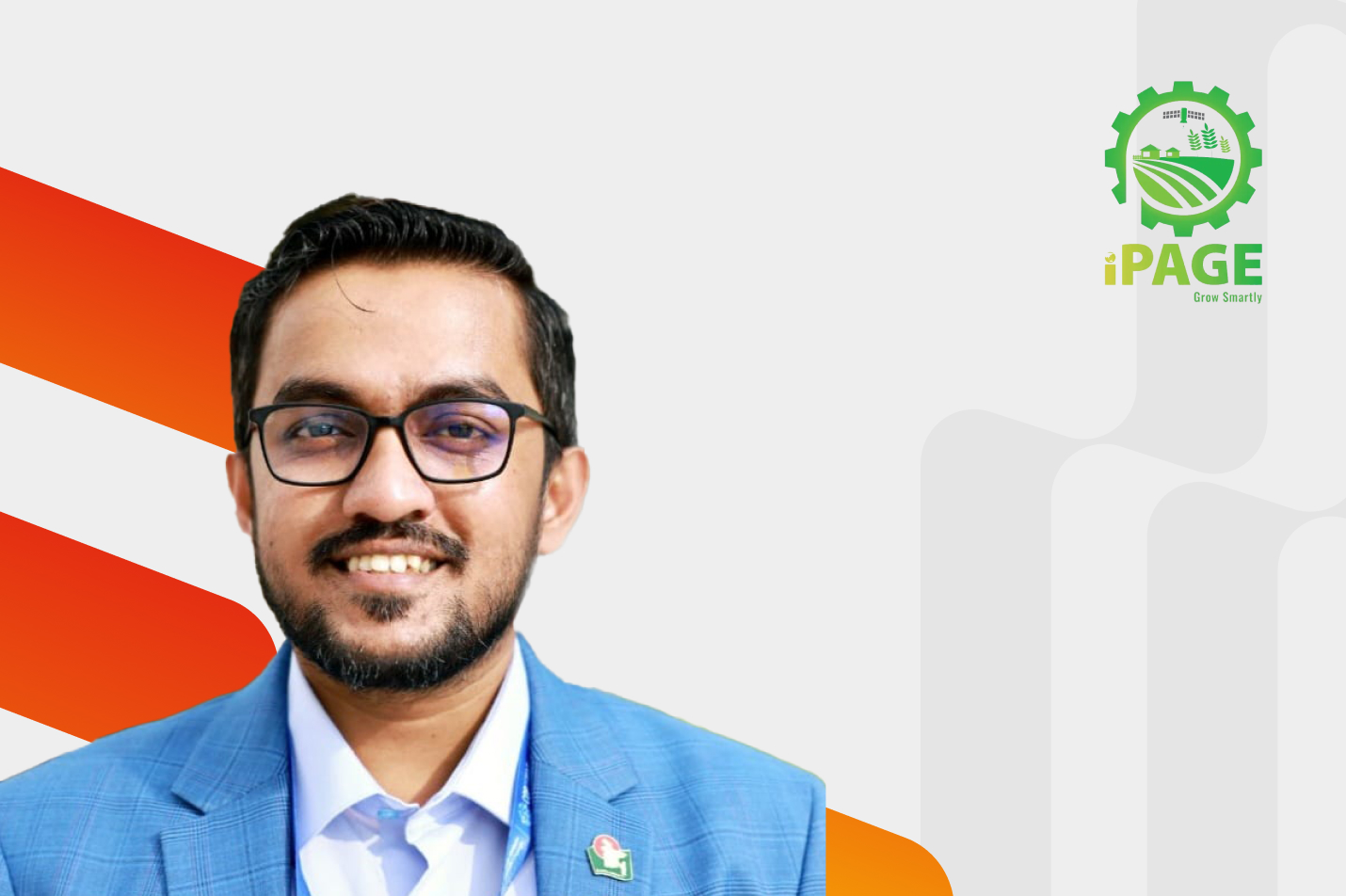
.jpg)
Green Growth in Bangladesh: A Gamechanger for Innovation and Skill Development

Newsletter
Joya Chowdhury is currently consulting for the World Bank across education, green growth, and skill development in emerging technologies. She actively contributes to the development and private sectors by developing startup ecosystems, structuring entrepreneurship and innovation platforms, and supporting innovative ventures.
Bangladesh, known for its rapid economic growth, is now at a critical juncture. With aspirations to become a high-income country by 2041, the nation faces the pressing need to transition towards sustainable and green growth. But what does this mean for the country’s innovators, entrepreneurs, development practitioners, and policymakers driving this transformation?
Why Green Growth Now?
Bangladesh’s economic progress has lifted millions out of poverty and driven digital access. However, this progress has come at a hefty environmental cost, with high carbon emissions, pollution, and resource inefficiency — posing challenges to landscape and lifestyle. The current energy crisis and heavy reliance on a few industries further jeopardize sustainable development.

The World Bank’s report, "Framework for Implementing Green Growth in Bangladesh," provides a strategic blueprint to address these challenges. The framework aims to improve environmental governance, foster new growth engines, and build a resilient, green society.
What Opportunities Lie Ahead?
Environmental Governance and Energy Independence
The Challenge: Weak environmental management and energy dependency.
The Opportunity: Strengthen environmental regulations and promote renewable energy. Innovators can focus on waste management, renewable energy technologies, and green logistics. This includes the development of home-grown smart energy solutions that reduce reliance on fossil fuels.
New Engines of Growth and Skill Development
The Challenge: High dependency on low-skilled industries and shortage of high-skilled workforce.

The Opportunity: Invest in green industries and human capital to lead the charge in a green economy. The "Skills and Education for A Greener Bangladesh" report by the World Bank highlights the urgent need to reorient education and training systems towards green skills and job prospects in major sectors. This could involve STEM education, research & development, technical training, and upskilling in green technologies.
A Just and Inclusive Transition
The Challenge: Climate change vulnerability affects economic activities, livelihoods, and quality of life.
The Opportunity: Promote inclusive growth through social protection measures and climate-resilient economic practices. Green cities and urban regeneration projects can create jobs and improve living standards, making sustainability a core part of urban life.
How Can Innovators Drive The Change?
The green growth framework is a goldmine for innovators, SMEs, and startups. Here’s how they can tap into some of these opportunities:
- Renewable Energy Solutions: Historically, natural gas has been the primary fuel source for Bangladesh’s electricity generation. However, in 2021, natural gas prices were already rising alongside a 22.2% increase in gas imports and geopolitical tensions that further aggravated the situation. In response, Bangladesh has established energy security as a top priority for long-term growth. Innovators should consider developing scalable solutions that harness solar, wind, and hydropower to enhance access to clean energy.
- Sustainable & Productive Agriculture: Agriculture contributes 14% to Bangladesh’s GDP and employs over 40% of the nation’s workforce (General Economics Division, 2020a). The future growth potential of the agricultural, livestock, and fisheries sectors depends on increased commercialization and widespread adoption of climate-smart agricultural methods. Innovators should explore ideas such as urban vertical farming, precision agriculture using technology, efficient value chains, and soil health monitoring systems to transform food production and reduce environmental impact.
- Green Manufacturing: The manufacturing sector (RMG, Ceramic, Leather) contributes 20.87% to the national GDP by employing about 40 million people, with the fastest growth in productivity over the last 4 decades. Bangladesh must attract international investment in green products and energy systems to drive progress in its export-oriented manufacturing sector and to introduce dynamism among SMEs, ensuring it doesn’t fall behind international standards on climate change action. Developing eco-friendly materials, waste minimization techniques, and energy-efficient production methods in manufacturing can solve this issue.
- Urban Regeneration: Design smart city solutions in areas such as mobility, logistics, and urban infrastructure that promote green living. Opportunities in green construction, electric vehicle infrastructure, urban housing sustainability, smart public transport, and waste-to-energy initiatives are increasing. Envisioning cities with strong urban drainage and water management systems, expanded green spaces, efficient waste management, renewable energy sources, and improved public health through safe water, sanitation, and hygiene will be crucial.
Are We Equipped with the Right Skills?
Transitioning to a green economy demands a diverse skill set. The focus should be on developing the following:
- Technical and Engineering Skills for Green Production: Training programs that specialize in new energy technologies and sustainable manufacturing practices can pave the way for a skilled workforce ready to tackle green projects.
- ICT Skills to Improve Resource Efficiency and Control Pollution: The integration of smart technologies into existing and emerging sectors can create new opportunities by combining IT expertise with green growth.
- Environmental Justice and Systems Skills to Understand and Mitigate Environmental Impact: Emphasizing interdisciplinary education and training can help professionals address complex environmental challenges and promote equity in green transitions.
Educational institutions need to evolve by integrating these skills into their curricula to prepare the future workforce.
What’s Next?
Bangladesh has the potential to achieve green growth by upgrading institutions, reforming regulations, and promoting climate-responsive finance within a supportive policy framework. Key policy directions include strengthening environmental governance, advancing renewable energy trade, investing in green industries and human capital, and improving public health and well-being. Effective coordination and coalitions among ministries, public-private partnerships, development partners, and stakeholders are crucial for the successful implementation of these policies and to ensure synergies across initiatives.
However, structural weaknesses and institutional bottlenecks in the country’s investment ecosystem are limiting progress in increasing the volume and range of green financing instruments. This results in green investments and taxonomy being perceived as risky. It is important to promote green practices among businesses, leverage international climate funds, and incentivize private-sector investments to mobilize funding opportunities and mitigate investment risks in green projects.
Founders and innovators in Bangladesh are on the brink of unprecedented opportunities to access global capital and develop their ventures. Innovating with sustainability in mind and leveraging technology to drive economic growth and environmental resilience in emerging sectors will attract investments from impact investors, international development funds, and venture capitalists.
Bangladesh’s journey towards a green future is not just about environmental conservation; it’s about creating a vibrant and inclusive economy. By aligning with global sustainability trends, Bangladesh can attract significant institutional investments. Green growth initiatives, supported by robust policies and skilled human capital, can make the country a hotspot for green investors.
The future is green, and it’s time to act now!






.jpg)






.jpg)





.jpeg)



.jpg)


















.jpg)


.jpg)

.jpg)
.jpg)


















.jpeg)












..jpg)
..jpg)



.jpg)















